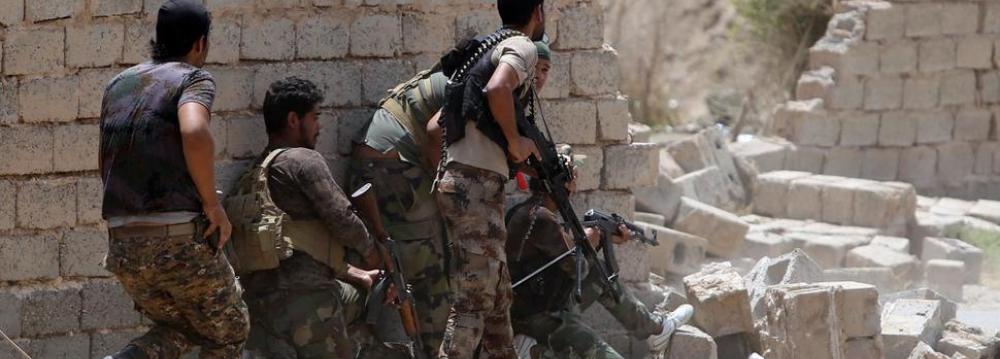Iraqi Prime Minister Haider al-Abadi has announced the start of a military operation to retake Fallujah from self-styled Islamic State terrorist group.
“Zero hour for the liberation of Fallujah has arrived. The moment of great victory has drawn near,” he said, adding that IS had no choice but to flee.
Iraq’s military has already warned civilians to leave the town. Fallujah was the first city to fall to IS in 2014 and is one of its two remaining strongholds in Iraq, BBC reported.
The Iraqi military told state TV that those who could not flee should raise a white flag above their homes.
The military, police and volunteer fighters virtually surround the city, about 65 km west of Baghdad.
The Baghdad-based pro-Kurdish news website Shafaq said on Sunday close to 20,000 police troops have arrived on the outskirts of Fallujah ahead of the expected assault.
The BBC’s Middle East correspondent, Jim Muir, said 60,000 to 90,000 civilians remained in Fallujah, many of them family members of IS fighters.
IS militants launched a sweeping offensive in June 2014, overrunning large areas north and west of Baghdad. However, security forces and allied fighters have pushed the militants back with support from US-led airstrikes. Iraq’s military seized the nearby city of Ramadi from IS in December. A former US ambassador to Iraq predicted the Fallujah operation would take some time.
“They’re being very deliberate, very careful, and so I think there’s some good reason for optimism that ultimately this will be successful,” Christopher Hill told BBC Radio 5 live.
Should IS lose Fallujah, it would leave the northern city of Mosul, Iraq’s second-largest city, as its only Iraqi stronghold. It continues to hold large parts of territory in neighboring Syria, though that too is shrinking.
Last month, the United Nations and Human Rights Watch warned civilians still living in Fallujah were in danger of starvation.
The UN World Food Program said stocks were dwindling as government forces trying to recapture the city had cut supply routes and IS had stopped people from leaving. Some residents were eating grass to survive, HRW said.


